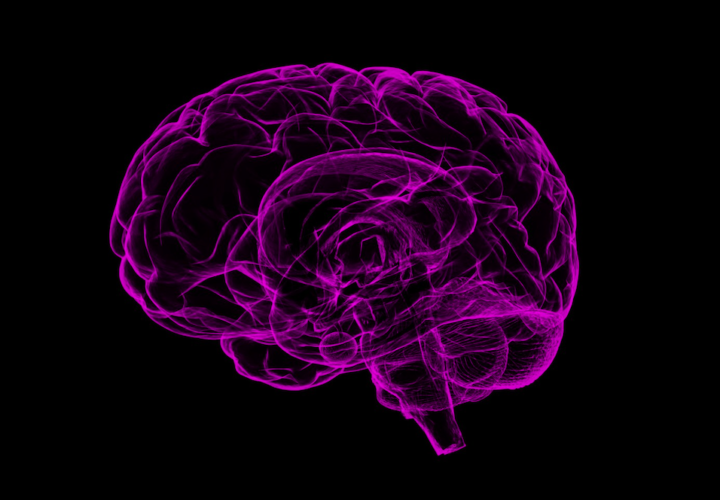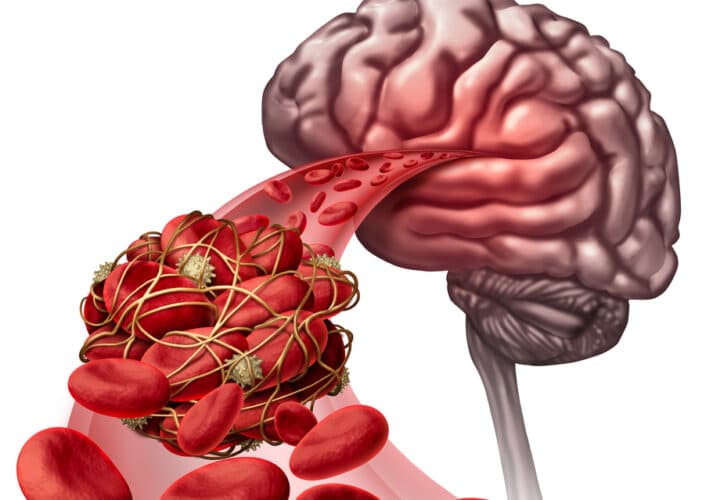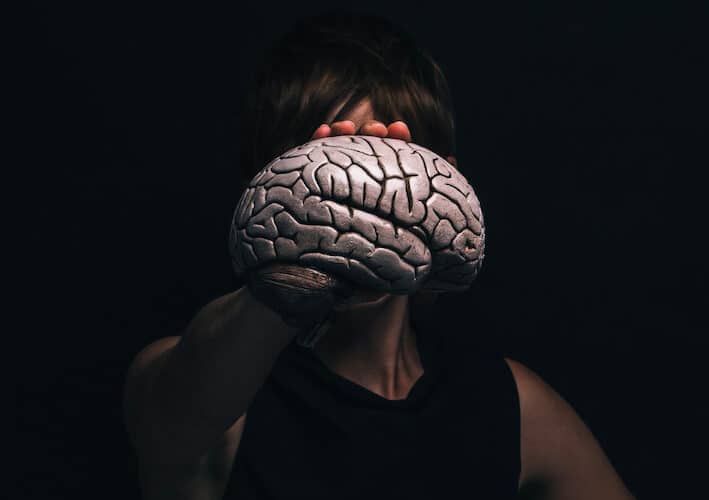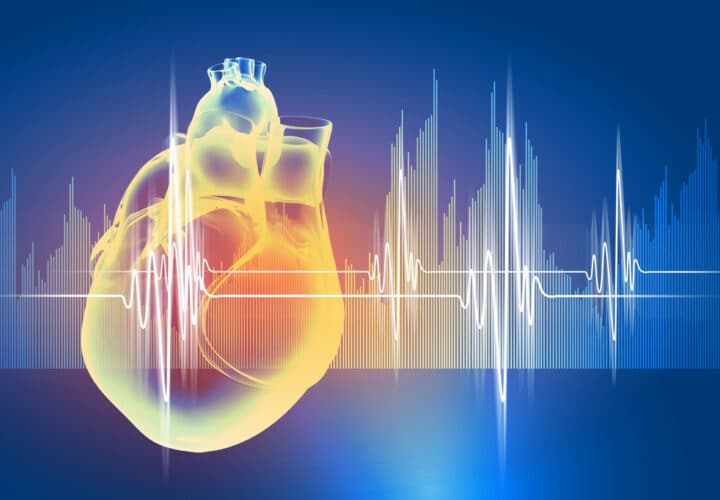In a new study, scientists honed in on the brain’s blood flow system, which may hold clues to battling vascular dementia.
The well-known factors that contribute to the development of dementia include genetics, age, lifestyle and even environment. But more and more research is pointing to the link between the cardiovascular system and dementia. In a new study, scientists honed in on the brain’s blood flow system, which may hold clues to battling vascular dementia.
Researchers at University College London (UCL), the University of Auckland and Bristol University focused specifically on astrocytes — brain glial cells, shaped like stars — and found they operate as sensors that help maintain oxygen and blood flow to the brain.
The brain’s regulation of blood flow
When you run or exercise, blood flow to your heart, legs and the rest of your body increases to help fuel muscles and movement. But the brain actually requires more blood than any other organ in the body: Neurons in the brain have a high demand for oxygen in order to operate properly.
When blood flow to the brain is impaired or decreases, there’s a higher risk of developing a variety of diseases, including cognitive decline and neurodegenerative diseases like Alzheimer’s.
Known as vascular dementia, the type of neurodegeneration that occurs when the circulatory system is impaired is considered the second most common cause of dementia.
The researchers of the latest study decided to explore an aspect of this vascular factor in the brain to see if it may hold clues for potential dementia therapies. The study, published in Nature Communications, was conducted in lab rats.
They measured the effect of decreased brain blood flow on astrocytes, and found that impairment in circulation to the brain triggered astrocytes to release a chemical signal. This signal makes astrocytes increase blood pressure, which restores and maintains blood flow and oxygen in the brain.
“What we have discovered is that the brain has an automatic way to make sure that brain blood flow is preserved,” Julian Paton of the University of Auckland, an author of the study, said in a news release.
Paton added that the discovery could aid in treating high blood pressure and dementia. Finding a way to reduce astrocyte activity could help lower high blood pressure. In dementia, boosting astrocyte activity could help restore blood flow to the brain.
“Our new data identify astrocytes as brain blood flow sensors that are critically important for setting the level of systemic (arterial) blood pressure and in doing so ensure that the brain receives a sufficient amount of oxygen and nutrients to support the uninterrupted operation of the information processing machinery,” Alexander Gourine of UCL, lead author of the study, said in the news release.
“We are very excited about this observation,” he added, noting that “there has never been a formal description of a blood flow or blood pressure sensor within the brain before.”
The vascular system and dementia
Scientists have known for quite a while that vascular or heart problems could contribute to an increased risk of developing dementia. High blood pressure, or hypertension, is one of the main markers of an increased risk of neurodegenerative diseases. One past study found that high blood pressure as early as your 30s could increase your risk of developing dementia.
While researchers still aren’t entirely certain how vascular changes can lead to dementia, we do know that it likely has to do with impaired blood vessels causing a decrease of blood flow to neurons.
In a past interview with Being Patient, Dr. Marion Buckwalter, a neurocritical care specialist at Stanford Health Care, described vascular dementia as an umbrella term that could be caused by a variety of cardiovascular issues.
“There’s a lot of different kinds of ischemia, or vascular changes that can lead to dementia,” Buckwalter said. “One can be the stiffening of vessels and the loss of flexibility of vessels. When they get stiffer, they can’t properly dilate when blood flow is needed.”
“[Vessels] can also get clogged by various things, either by cholesterol, or by clots that come from the heart,” Buckwalter continued. “You can also develop vascular dementia from strokes. In many ways, vascular dementia is a waste basket term. You throw a lot of diseases under the same hat.”
One of the best ways to reduce the risk of vascular dementia is to follow a healthy, Mediterranean-based diet and partake in exercise — ideally cardio. Exercise and diet have the most scientific evidence behind them as being effective ways to prevent dementia.






Very interesting article… need to share this with some
medical professionals!!!